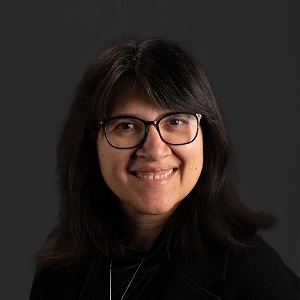Maria Popova is an Associate Professor of Political Science at McGill University, the Scientific Co-Director of the Jean Monnet Center Montreal and Editor of the Cambridge Elements Series on Politics and Society from Central Europe to Central Asia. She held the Jean Monnet Chair “Europe and the Rule of Law” in 2017-2021. Her work focuses on rule of law and democracy in Europe. Her award-winning book Politicized Justice in Emerging Democracies (Cambridge UP, 2012) examines the weaponization of law to manipulate elections and control the media and the obstacles to judicial independence in Russia and Ukraine in the late-1990s-early 2000s. Her recent work has focused on judicial reform in Ukraine, rule of law and protest radicalization, the politics of corruption prosecutions across Eastern Europe, and the links between conspiratorial thinking, corruption, and illiberalism. Her new book (co-authored with Oxana Shevel), entitled “Russia and Ukraine: Entangled Histories, Diverging States” (Polity) examines the root causes of the Russo-Ukrainian war and is scheduled for release in fall 2023.
Expertise
- Russo-Ukrainian War: Ukrainian democratization; Russian autocratization
- European Politics: rule of law, corruption, Euro-Atlantic integration, Ukrainian and Russian domestic politics
- Comparative Judicial Politics: judicial independence, weaponization of law, politics of corruption prosecutions
Selected Publications
Popova, Maria, and Oxana Shevel. Russia and Ukraine: Entangled Histories, Diverging States. Polity Press, 2023.
Marinov, Nikolay, and Maria Popova. “Will the Real Conspiracy Please Stand Up: Sources of Post-Communist Democratic Failure.” Perspectives on Politics 20, no. 1 (2022): 222-236.
Popova, Maria, and Vincent Post. “Prosecuting high-level corruption in Eastern Europe.” Communist and Post-Communist Studies 51, no. 3 (2018): 231-244.
Popova, Maria. “Putin-style “rule of law” & the prospects for change.” Daedalus 146, no. 2 (2017): 64-75.
Popova, Maria. “Why the Orange Revolution was short and peaceful and Euromaidan long and violent.” Problems of Post-communism 61, no. 6 (2014): 64-70.




Comments are closed.